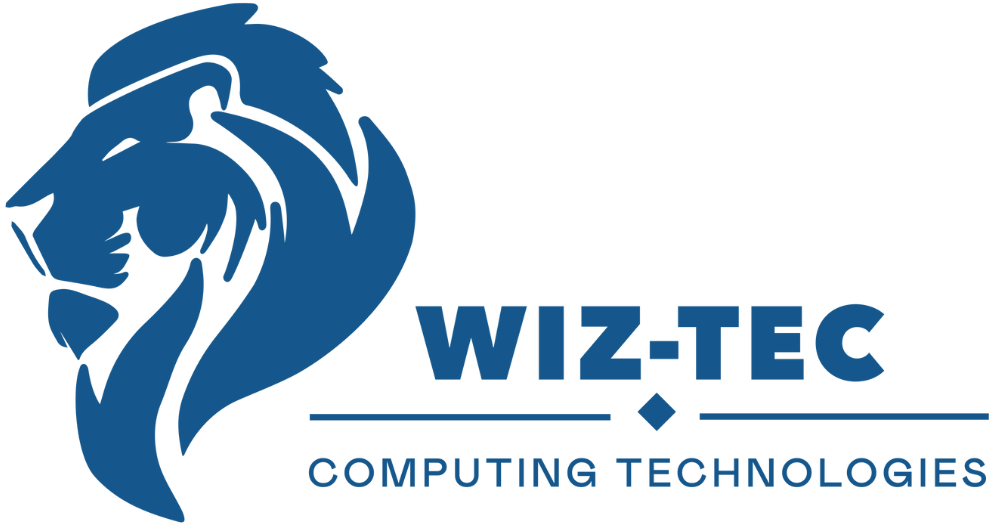Up until 2016, cash was the most popular method to pay for goods and services. Due to EMV and tap technology, debit and credit cards have taken precedence over cash in recent years. This change in consumer behaviour means that coin-operated mechanisms are quickly becoming obsolete and burdensome. Even without taking these behavioural changes into account, coin based systems still have significant drawbacks in today’s car wash market. There are 4 main issues. These are theft and vandalism, handling costs, low spend, and the inability to be a remote or semi-remote operation. Coin-operated car washes are still quite common, but the market seems to be trending toward fazing them out.
1. Theft and vandalism
One of the biggest concerns with coin-operated systems is the possibility of theft and vandalism. Having a coin system can make a business more vulnerable to theft and destruction of property. Thieves will always attempt to access cash stored in bill acceptors or coin banks. This can be a dangerous issue to deal with if the thief is caught in the act since it is difficult to judge the severity of a confrontation.
On the other hand, the destruction of property associated with a break in is another huge issue. When there is an attempt or a successful break in, the equipment will always need repairs or renovate entirely. This means that insurance claims can become a frequent occurrence and premiums would most likely increase significantly. That is if the insurance company doesn’t pull out entirely. Seeing vandalized and broken equipment can also make customers feel unsafe.
Some car wash owners can get around the issue by switching over to a token only system. Sometimes this is costly and some customers may not like or know how to operate the new system. This payment system also adds an extra step to operations and could affect throughput. A token system can be unreliable and will require just as much upkeep and sorting as a coin-operated mechanism. They do tend to decrease the likelihood of theft and vandalism, though.
2. Cash handling costs
Maintaining a coin-operated car wash can be a time consuming and expensive feat. Trips to the bank, deposit fees, security measures, sorting times, and labour expenses are just some of the hidden costs of operating with coin mechanisms. Though some of these factors have no immediate tangible value, it is necessary to think of them as costs and try to peg a value to them. This allows for a clear understanding of the costs associated and gives owners and managers a monetary figure to compare against other payment method costs.
3. Low average spend
The most obvious drawback of a coin-operated mechanism is the low average spend. Since these are count down, customers tend to spend much less per wash than they would with other payment methods. Using coin-mechs also creates an environment where a customer can spend as little as possible while idling in the wash bays. This leads to them creating bottlenecks and reducing throughput. Many car wash owners report customers in self serve car washes tend to spend approximately $4 per wash, while count-up users tend to spend almost double that amount at $8 and up to $12. Having the count down system also has a negative effect on the customer’s experience as they feel like they need to beat the clock to get their money’s worth.
4. No remote capability
Having to empty, maintain, and clean a coin mechanism is a recurring requirement in any car wash. This chore takes time away from more important aspects of the business and doesn’t allow for owners or managers to operate their business remotely. The time saved by reducing reliance on coin-operated mechanisms could be better spent on wash equipment maintenance, bookkeeping, or any other managerial responsibilities.
Though there are many issues facing coin-operated car washes, having the option there for those without cards is necessary. However, slowly weaning off the system can prevent many of the headaches associated with this payment method. Current payment trends suggest that cash is becoming the less popular option for everyday purchases. This means that making the change to alternative payment methods is something to strongly consider.
Contactless and card payments are quickly becoming the preferred payment methods among many Canadians. Car washes have to adapt to these changes to remain profitable and competitive.
Wiz-Tec offers a wide array of card payment technologies for car washes, ranging from tap only payment points to fully POS integrated fleet management payment points.

